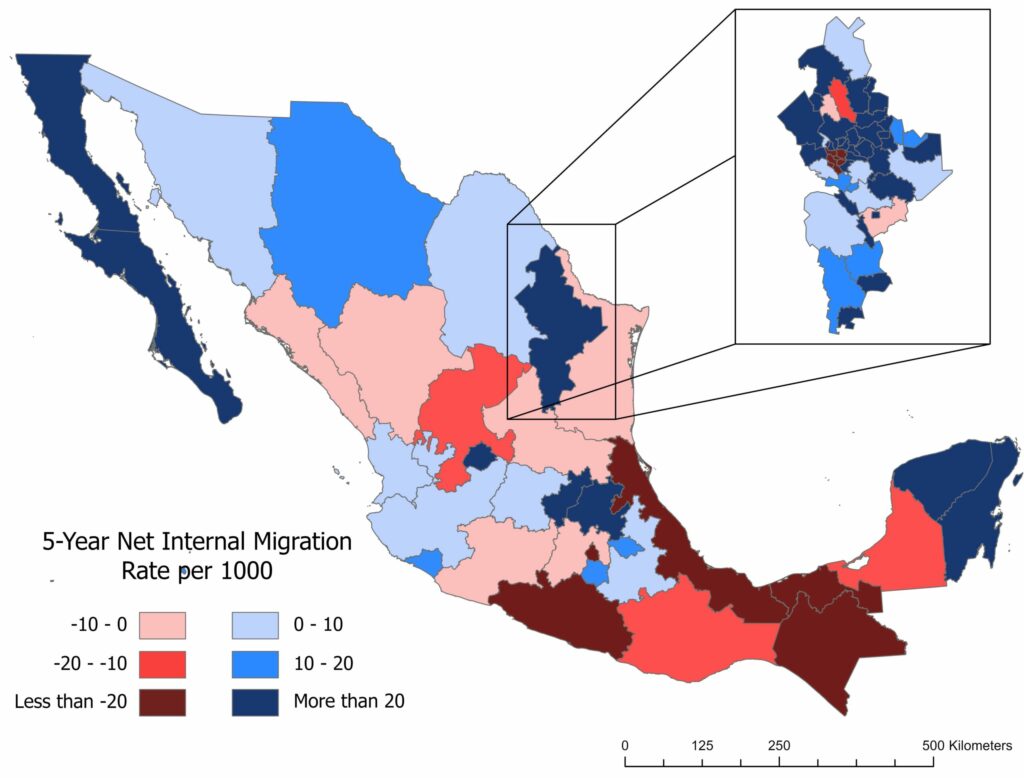By Lara Cleveland and Jane Lee
IPUMS International has released new data! Eighteen new census samples have been added to the collection, including data from Côte d’Ivoire, which is new to IPUMS International. Newly released census samples include Cambodia (2019), Côte d’Ivoire (1988, 1998), Denmark (1845, 1880, 1885), Laos (1995, 2015), Mexico (2020), Peru (2017), Puerto Rico (2015, 2020), Switzerland (2011), United Kingdom (1961, 1971), United States (2015, 2020) and Vietnam (2019). As always, we gratefully acknowledge the national statistical offices of all the countries partnering with IPUMS International to make data available for research.
New geography variables are also now available with harmonized migration variables at the second-administrative level; the codes for the newly released migration variables match existing IPUMS International geography codes and labels. As an example, the geographic units in the migration variable for Mexico at the municipo level (place of residence 5 years ago, MIG2_5_MX) are reconciled to the boundaries for place of current residence (GEO2_MX).

With this data release, data users can also access data from the MOSAIC project which includes 39 decentralized historical census datasets from European areas. Project leads Mikołaj Szołtysek and Siegfried Gruber worked with collaborators throughout Europe to assemble the MOSAIC datasets. Most data were gathered in the 19th century, but the collection includes data from the 13th to early 20th centuries. While the data are not fully integrated into the IPUMS International collections, most of the MOSAIC files have IPUMS-compatible harmonized variables that are interoperable with other historical datasets in IPUMS International. Registered users can download the files from the MOSAIC section of the website.
The depth and breadth of research possibilities are greater than ever! Countries participating in IPUMS consistently tell us that they share data to make a difference in their country and the world. Help us let them know what you discover. Be sure to let IPUMS and the greater research community know what you are doing with the data by adding your work to the IPUMS bibliography. And check back later this year for another round of newly added samples!
